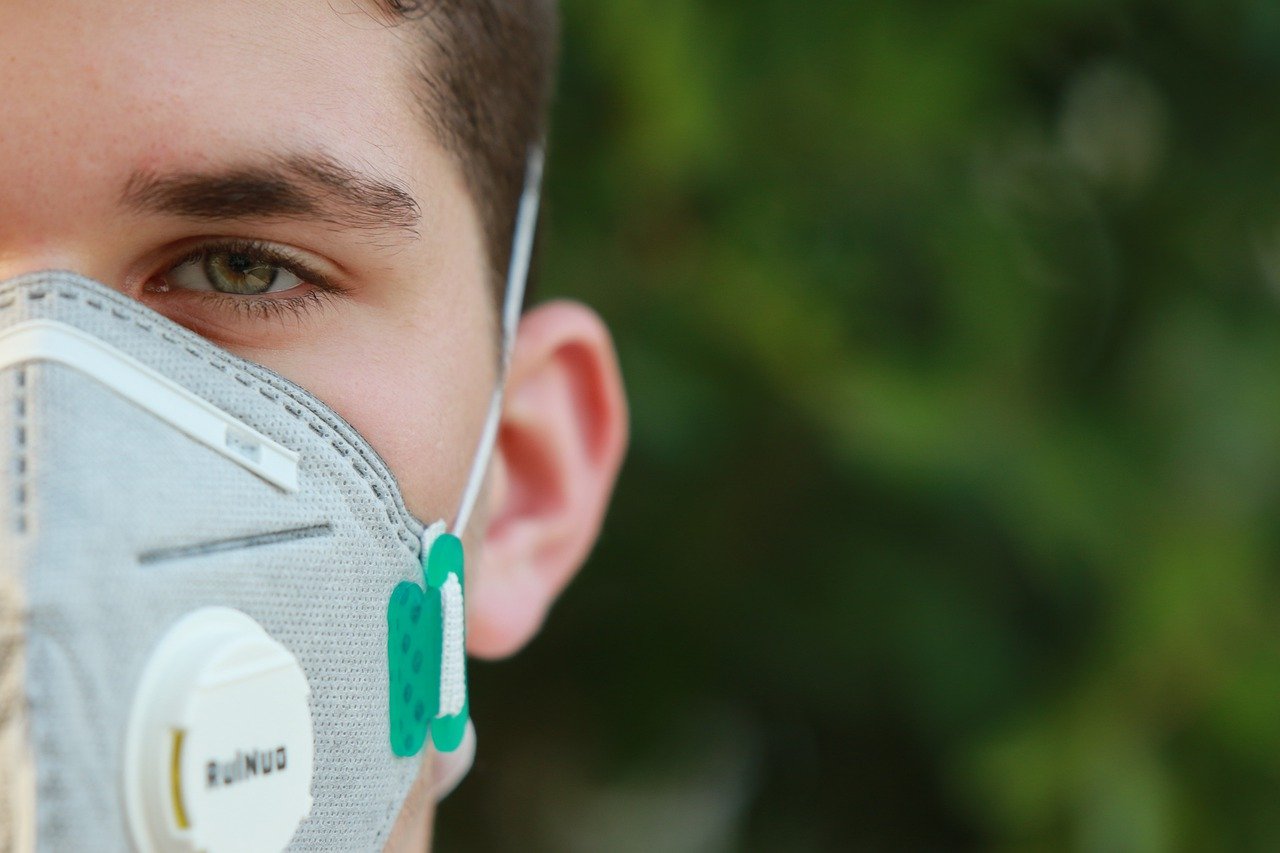Choosing a Mask
20/07/2020
This blog looks at options for face masks and gives some information on what to look for. Extensive information is available from the World Health Organisation (WHO) to help you make an informed decision.
Selecting a face mask:
- The WHO recommends face masks that have 3 layers. Many of those on offer include filters or pockets for a filter or tissue, which provide the third layer.
- The level of protection you choose should depend on the level of risk posed to you. If you are in the high risk category, or are regularly exposed to large groups of people, look for the highest level of protection you can find.
- Check the fit if you can - disposable masks usually have a nose piece that you bend to fit your face, and will give a good fit. Children may require a smaller mask, especially if you buy ones without folds. Masks with folds tend to fit better, as the folds open to give a good fit.
- Fabric - cotton is one of the more comfortable fabrics to wear, and offers good protection. Stretch fabrics may offer less protection, as the holes in the fabric widen.
- If you have allergies, be wary of home made masks, unless you have checked that they were made in a nut / pet free home.
- If you are ordering online, check the delivery date, to make sure you have yours on time.
- Whichever you buy, do check the fine print, and use paypal if possible for online payments. Using reputable dealers does offer some protection and money back if your items don't arrive.
Types of Masks:
Medical Masks:
- These are manufactured for medical and health care professionals, and have stringent testing and manufacturing standards. They offer the highest levels of protection, but are also unlikely to be easily available to the general public. Amazon, and many other sellers ring fence theirs for those working in Healthcare. Hive Pharmacy appears to sell them to the public. These will be a lot more expensive., and should carry FFP2 certification. Be wary of fakes though!
Make your own
- There are plenty of simple mask patterns that you can make, many of which don't require any sewing skills. We have looked at these in a previous blog, but there are also some good instructions here:
- BBC
- Gov.uk
Disposable masks
- Disposable masks are easy to find and buy - many shops carry them. They are designed to be used once, and then discarded, so are not the ideal environmentally friendly solution, but they are cheap, and offer some protection, depending on their specification. They usually include a bit of wire which ensures a good fit over your nose, as long as you adjust it to fit. A range of them can be seen on Amazon.
Washable / Reusable masks
- These are a cost effective solution that is kinder to the environment.
- Many people who are handy with a needle are turning to mask making, and there is a range available through various sites. I currently have some for sale on Facebook Marketplace. There are many available through e-bay, etsy and other sites. These are not regulated, so be sure to ask about the number of layers, and ensure you get a good fit. Check the sellers feedback ratings too!
- Masks with filters are available on Amazon.
- Many local craft shops and markets have crafty people making masks to sell, and buying local supports local people and businesses.
- There is a huge range of factory-made fabric masks, including lots of fun ones on sites like Tophatter, Amazon and e-bay.
These are challenging times. Stay safe, and make sure you get a mask that works for you.




